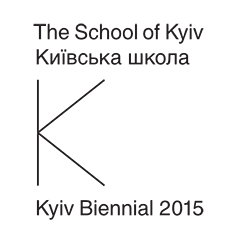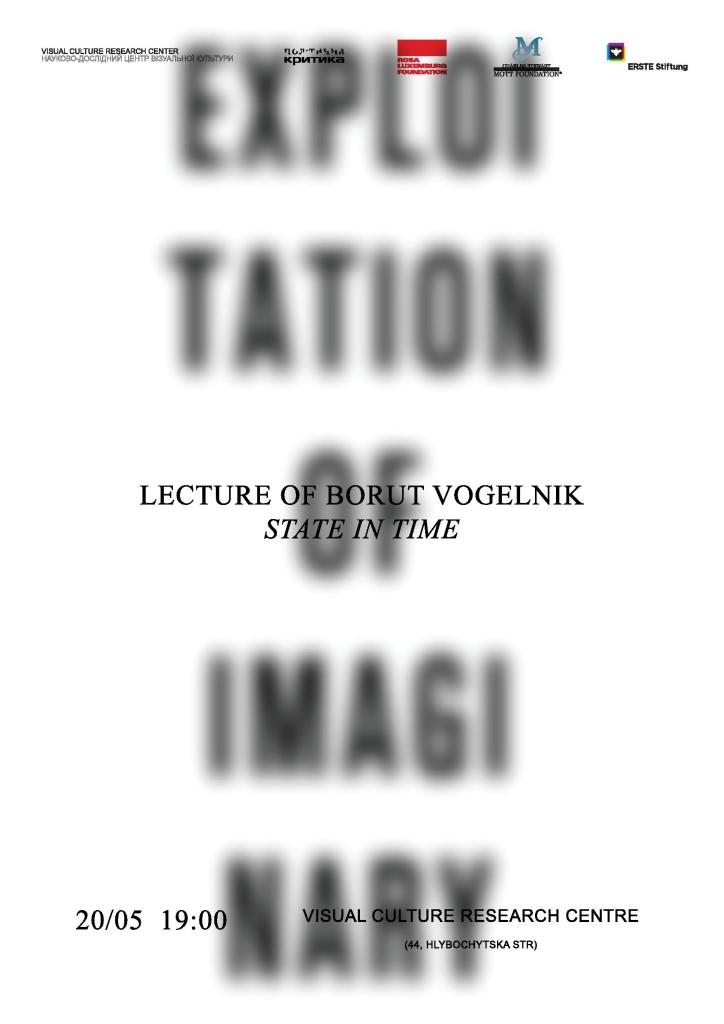Lecture by the member of IRWIN group Borut Vogelnik
Friday, 22 May 2015, 19:00
Visual Culture Research Center (44 Hlybochytska Street (1st floor), Kyiv)
Visual Culture Research Center and Political Critique invite you to the lecture by the member of IRWIN group Borut Vogelnik, which will take place on Friday, 22 may, at 19:00.
The NSK state came into being in 1992 as a result of the transformation of the Neue Slowenische Kunst (New Slovenian Art) collective into the NSK State in Time. With the collapse of socialism in the beginning of the 1990s and the subsequent emergence of a multitude of new states, some of which, among them Slovenia, achieved the status of an independent state for the fist time ever in history, NSK too objectified itself in the form of a state. Instead of to a territory, however, NSK assigned the status of its state to thinking, which alters its boundaries in accordance with the movements and changes of its symbolic and physical collective body.
So far, several thousand people have applied for and obtained NSK passports and thereby become citizens of the NSK State in Time, while also retaining their previous citizenship. Most of them come from the developed countries of Western Europe or the USA, and thus the majority of NSK’s population is from the so-called First World. Their reasons for attaining NSK citizenship are linked primarily to their understanding of and participation in the field of contemporary art. However, the largest number of passports was issued in Sarajevo at the end of the war in 1995. At that time, the citizens of Bosnia and Herzegovina had serious difficulty travelling outside their country. Several years ago, applications for the NSK passport began coming from Africa, from Nigeria in particular. It seems likely that, in the Third World, NSK passports have ceased to be artifacts and have become useful documents. What is interesting is why, where, for whom and how they are useful.
Borut Vogelnik is Slovenian artist, member of IRWIN group and Neue Slowenische Kunst art collective. He is Assistant Professor at the Academy of Visual Arts in Ljubljana.
Lecture will take place at Visual Culture Research Center within the frameworks of the exhibition “Some Say You Can Find Happiness There” and “Exploitation of the Imaginary” project (May 20 – June 15, 2015).
Working language – English
Admission is free
The project is supported by Rosa Luxemburg Stiftung
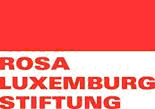
Supported by ERSTE Stiftung and Charles Stewart Mott Foundation
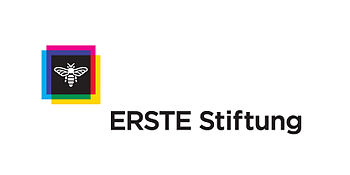
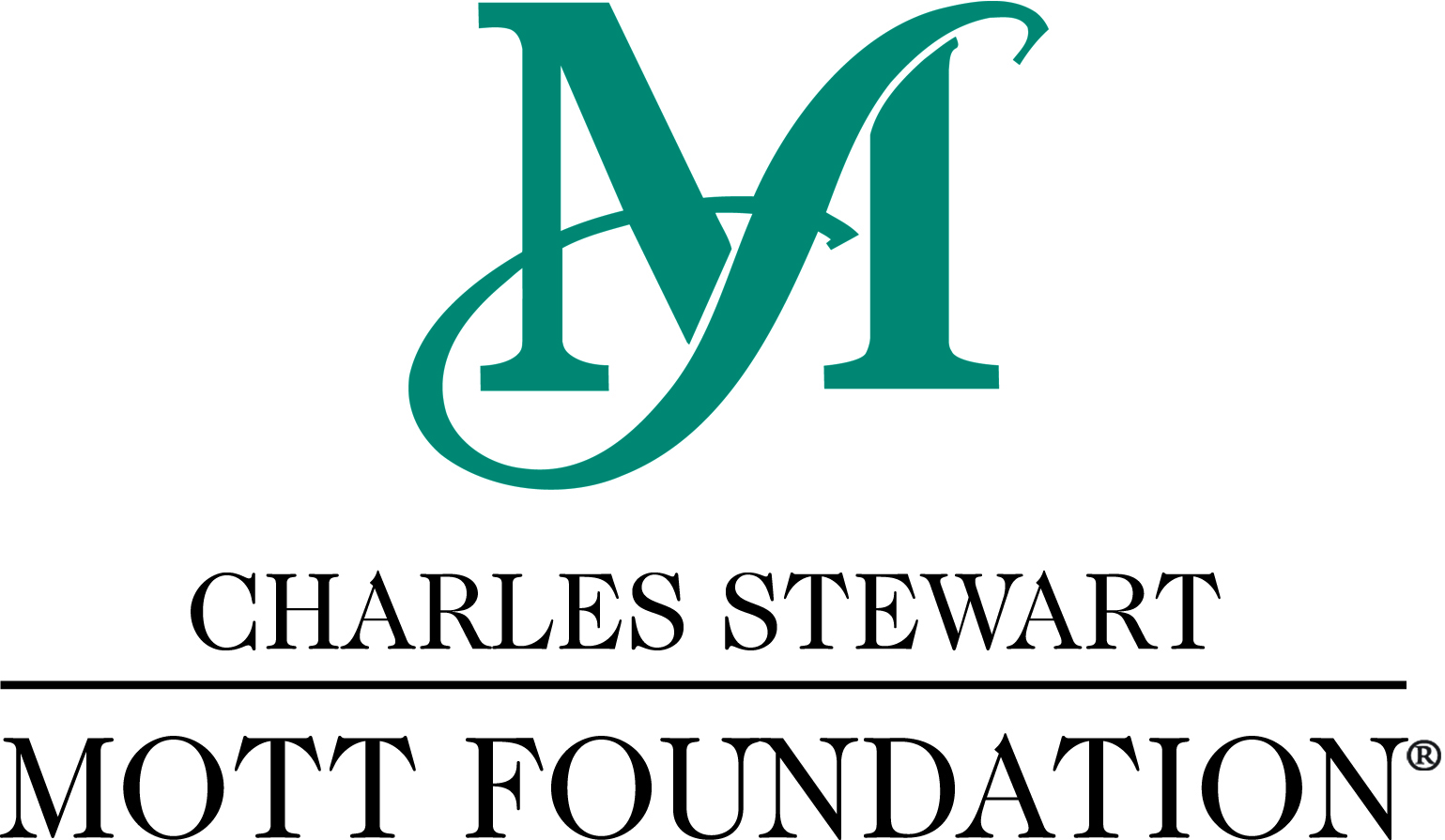
Visual Culture Research Center (VCRC) was founded in 2008 as a platform for collaboration between academic, artistic, and activist communities. VCRC is an independent initiative, which is engaged in publishing and artistic activities, scientific research, organization of public lectures, discussions, and conferences. In 2015 Visual Culture Research Center received the European Cultural Foundation’s Princess Margriet Award.
Visual Culture Research Center (44 Hlybochytska Street (1st floor), Kyiv)
Contacts:
+38096 4929600 (Nataliya Neshevets)
www.facebook.com/vcrc.org.ua
vcrc@vcrc.org.ua

